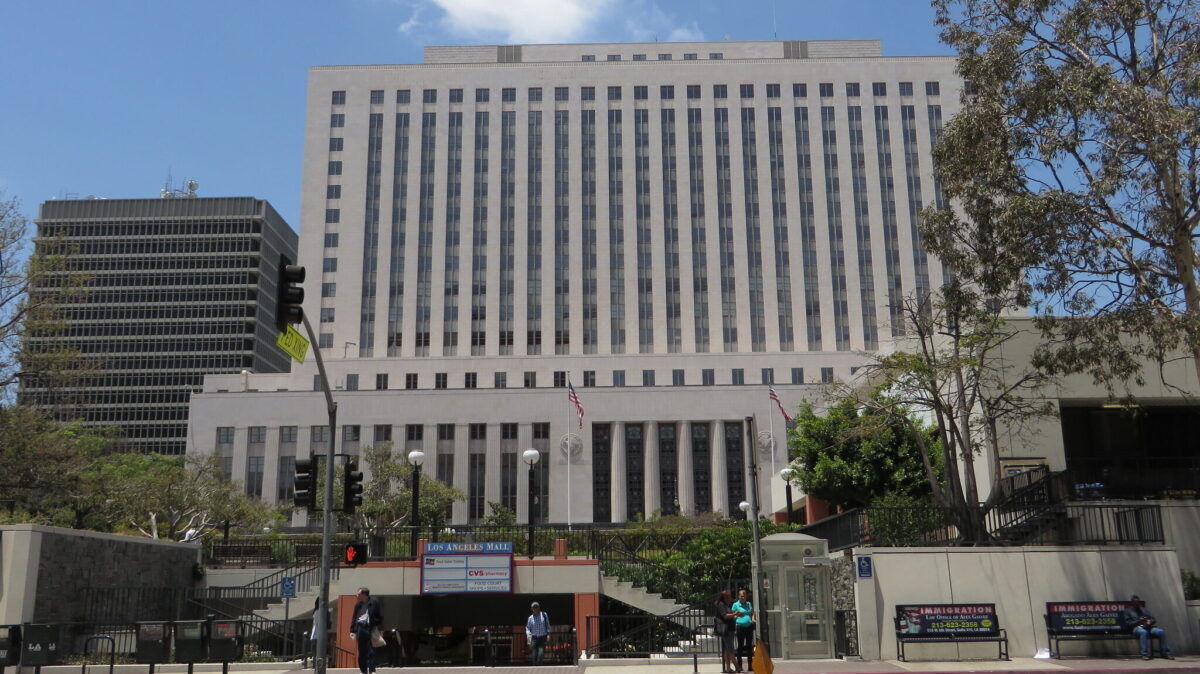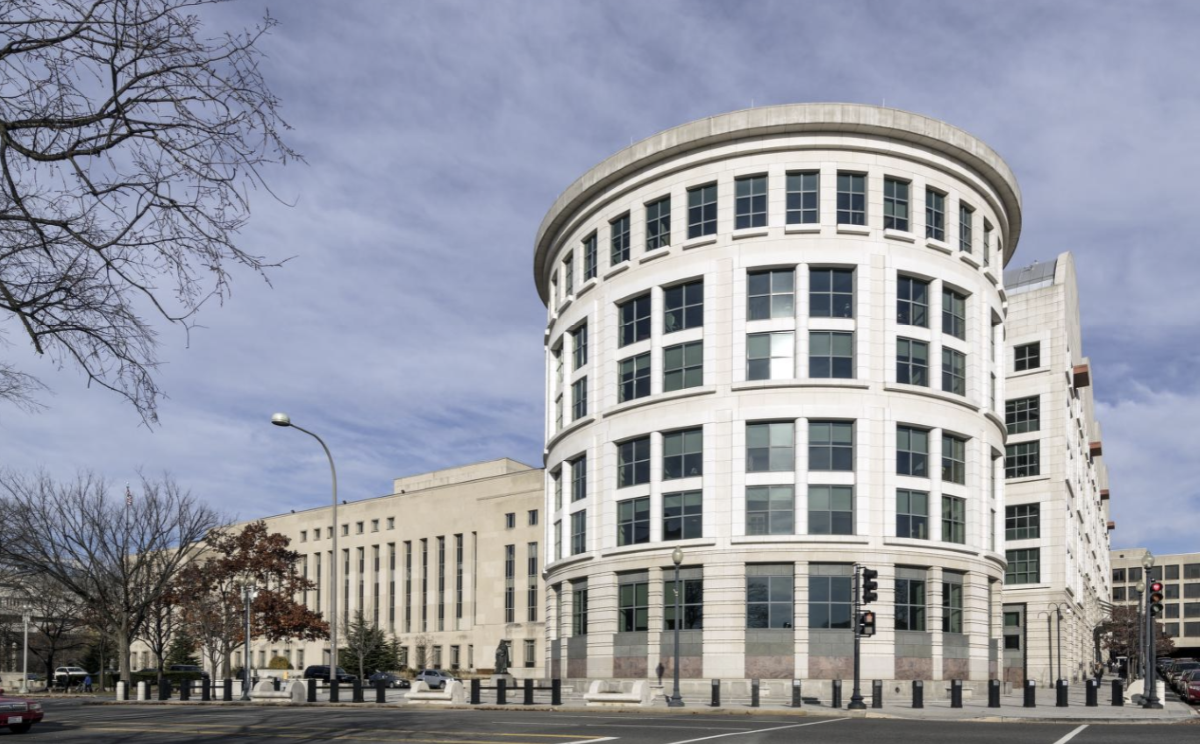How ‘America’s Worst Court’ Blocks Judicial Reform
The Montana Supreme Court is criticized for its perceived lack of justice and excessive judicial activism, with constitutional scholar Rob Natelson labeling it “America’s worst court.” The court has faced backlash for its rulings that some argue undermine legislative power and align too closely with the interests of the state’s plaintiff bar. Attorney General Austin Knudsen has encountered “lawfare” for defending state laws amidst court overreach, facing numerous ethics complaints from the Office of Disciplinary Counsel, which operates under the court’s supervision. This situation raises concerns about judicial overreach and potential attempts to manipulate the legal system against political figures.
The court has recently drawn attention for a unanimous decision that struck down a parental consent law for minors seeking abortions, leading to comparisons with past controversial rulings in other states. The justices, particularly Justice Laurie McKinnon, have been accused of engaging in liberal activism that clashes with the Republican-controlled state legislature. Last century’s activism is echoed as current courts across Montana’s judicial system also reflect these trends, including unprecedented rulings on environmental law. Natelson argues that the court has a long-standing history of biased rulings and undermining legislative authority, contributing to a broader perception of dysfunction within the state’s judicial system.
According to constitutional scholar Rob Natelson, “Montana’s [Supreme Court] may be unique for its disregard of basic standards of justice, the extent of its intervention into the state’s political life, and its high-handed use of power.” Natelson also describes the Montana Supreme Court’s rulings as “banana-republic conduct” and questions its legal competence. For all these reasons, he has concluded it is “America’s worst court.”
One elected official, Montana Attorney General Austin Knudsen, has been suffering for bravely confronting the state court’s wrath and incompetence. Knudsen, a Republican, has become the victim of lawfare for simply doing his job — defending state laws in court. Knudsen was elected as attorney general in 2020 following service for a decade in Montana’s state House of Representatives, including two terms as speaker. Due to the Montana Supreme Court’s judicial overreach and activism, in recent years the state legislature has skirmished with the court over matters such as changing how judicial vacancies are filled (the subject of Senate Bill 140) and access to judicial email records, which had been subpoenaed by the legislature as evidence of inappropriate political activity by the justices.
As attorney general, it is Knudsen’s duty to advocate on behalf of the legislature, even if the legislature is trying to make the state supreme court more accountable and less intrusive. Not surprisingly, the court justices and their patrons in the plaintiffs’ bar strongly oppose efforts to lessen the court’s power and influence. Just as bar associations in California and other states have become weaponized by the left to intimidate and retaliate against conservative lawyers such as John Eastman, the attorney discipline body in Montana (called the Office of Disciplinary Counsel) has unleashed a torrent of 41 “ethics” charges against Knudsen, accusing him of attacking the court’s integrity and undermining public respect for the court.
Ominously, the ODC was established by, and operates under the direct supervision of, the Montana Supreme Court. The justices on the court appoint the Disciplinary Counsel (the ODC’s prosecutor) and all 14 members of the affiliated Commission on Practice. Incredibly, Knudsen faces potential disbarment for simply representing the legislature in a political fight between two branches of Montana’s state government. The state supreme court, which has a direct interest in the separation-of-powers battle, is trying to kneecap the state attorney general for doing the job he was elected to perform. Knudsen is currently running for reelection in spite of the barrage of dubious attacks threatening his law license. Even considering the long history of judicial corruption in other states, this type of lawfare against a sitting state attorney general is unprecedented in America.
Like Texas in the 1980s, the seven-member Montana Supreme Court, elected to eight-year terms by the voters, is controlled by Montana’s plaintiff’s bar. Texas, the subject of shocking “60 Minutes” segment in 1987 entitled “Justice for Sale?”, eventually routed the trial lawyers’ influence over its high court. Since the 1990s, the state has become a model of sensible civil justice reform and centrist judicial rulings. This has not yet happened in Montana, where liberal justices are distinctly out of step with the state’s Republican-controlled legislature.
For example, the Montana Supreme Court recently struck down — as unconstitutional under the state’s constitution — a 2013 statute that required minors to obtain their parents’ consent before obtaining an abortion. The ruling was unanimous. The decision, in a case captioned Planned Parenthood v. Montana, bears a striking resemblance to the sharply-divided 1997 ruling of the California Supreme Court in American Academy of Pediatrics v. Lungren, which likewise rested on the state constitution.
In both cases, the reason for relying on a state constitution was that the U.S. Supreme Court has never — even during the reign of Roe v. Wade — held that minors are entitled to abortions without parental consent. In fact, the U.S. Supreme Court has often upheld laws requiring parental consent for minors’ abortions. As Justice William Brennan urged when the heyday of Warren Court activism had come to an end, leftist state court judges sometimes resort to novel interpretations of state constitutions when federal precedents do not produce the desired result.
The author of Montana’s controversial abortion ruling, Baltimore-born Justice Laurie McKinnon, is Montana’s version of California Supreme Court Chief Justice Rose Bird, the notorious activist whom California voters threw off the court in a 1986 retention election. McKinnon is an unabashed leftist whose views frequently clash with the Montana legislature and other GOP elected officials. She has been criticized for injudicious participation in a pro-transgender MCLE panel while a case involving transgender rights (an appeal of a state law prohibiting the alteration of birth certificates and drivers licenses to reflect a purported sex change) was pending before the Montana Supreme Court. (The state supreme court later dismissed the state’s appeal of an adverse lower court ruling, which overturned the state law under the state constitution.)
In the 2020 case Espinoza v. Montana Department of Revenue, the U.S. Supreme Court reversed a decision of the Montana Supreme Court (authored by Justice McKinnon). The case involved tax credits enacted by the state legislature that were designed to help students who chose to attend private schools. The Montana Supreme Court struck down the law because the tax credits could be used to attend religious schools. The U.S. Supreme Court concluded that “the Montana Supreme Court invalidated the program pursuant to a state law provision that expressly discriminates on the basis of religious status.”
Accordingly, the Montana Supreme Court’s decision violated Montanans’ First Amendment right to the free exercise of religion. Espinoza was not the first time the Montana Supreme Court was reversed by the High Court.
Montana’s trial courts are infected with activism as well. In a ruling that drew national attention, a state district court judge held that state agencies were violating their constitutional right to a clean and healthful environment by allowing fossil fuel development. The decision was without precedent in the entire United States. According to AP, “It marks the first time a U.S. court has ruled against a government for violating a constitutional right based on climate change, said Harvard Law School Professor Richard Lazarus.” State officials were livid, and are seeking reversal from the Montana Supreme Court.
Natelson notes that the problems with the Montana Supreme Court “are of very long-standing—extending back at least as far as 1972.” In Natelson’s estimation, the court’s rulings on ballot issues are “heavily biased to the left” and in several key cases “invaded the province of the legislature.” Natelson, who taught at the University of Montana law school for 24 years, suggests that one reason for the court’s “dysfunction” is that:
The justices created, and ultimately control, the Montana Bar Association, which every Montana lawyer must join. The court is also, for most purposes, the state’s only appellate tribunal. It controls the fate of lawyers and their cases to an outsized degree. All this discourages lawyers from discussing the court’s deficiencies.
Moreover, Natelson believes that:
Law firms whose members have contributed to the justices’ campaigns are permitted to litigate before the court. As a result, Montana judicial races often are dominated by one special interest: trial lawyers. Lawyers who practice before a court should not be allowed to donate to the campaigns of the justices who hear their cases.
As a result of its remote location, dispersed populace, and other factors, Montana lags a few decades behind other states in correcting the capture of its judicial branch, and Montana’s imperial judiciary undermines democratic self-government and even hinders the state’s economy. The rule of law is under siege in Montana.
If this were an episode of “Yellowstone,” the power-hungry judiciary in Montana would be trying to take Attorney General Austin Knudsen to the “train station.” Decent public servants don’t deserve this kind of persecution, and we all have all have stake in seeing real judicial reform in in one of America’s most iconic and dynamic states.
Mark Pulliam is a contributing editor to Law and Liberty who blogs at Misrule of Law. He lives in Blount County, Tennessee.
" Conservative News Daily does not always share or support the views and opinions expressed here; they are just those of the writer."





Now loading...